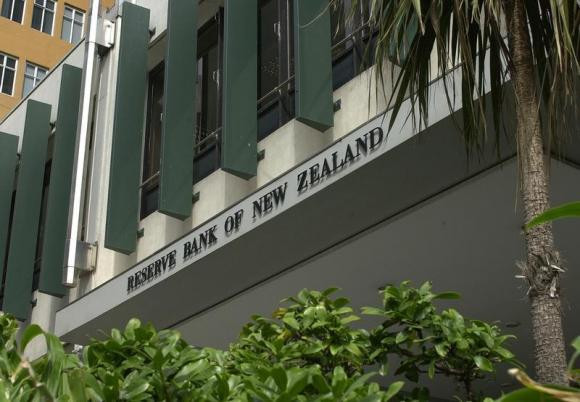Central banks watch: New Zealand, Korea, Thailand, Egypt and Chile to set rates, Stevens to speak

The Reserve Bank of New Zealand and the Bank of Korea are the two G10 central banks in the rate decision calendar this week.
From the emerging world, Thailand, Egypt and Chile will set rates.
Among speakers, Reserve Bank of Australia Governor Glenn Stevens will be the key one.
The US labour market index and the Russian budget fulfilment report will be watched as important non-monetary policy central bank releases.
The RBNZ has been keeping the official cash rate a 3.5% since the middle of last year and the dovish overtones in the statement have kept the NZ dollar under pressure since.
The NZD/USD fell to a near five-year low of 0.7024 on Friday, 5 June, down almost 9% from where it was trading before the 29 April policy decision. In addition, the greenback has been showing some strength since Thursday.
The Thai rate decision will be on 10 June (Wednesday), Korea's and Egypt's on Thursday and Chile's on Friday.
Thailand has its key rate at 1.5% now and the consensus is for no change. Falling inflation and slow growth had forced the Thai central bank to cut the main rate by 25 basis points at its April review. There was a cut of the same size in the March meeting too.
The BoK had slashed the rate by 25 basis points in the March meeting, taking it to a record low of 1.75% and adding to the 50 basis points reduction in 2014. However, the central bank is likely to keep the rates this time, giving more time for the recent changes to show results.
Egypt has been keeping the overnight deposit rate, the key rate, at 8.75% since January, when it was slashed by 50 basis points. In fact, the January move was a partial reversal of the 100 basis points increase in July 2014.
With inflation hovering around 10%, the pressure on the rates is skewed to the higher side but downside risks to growth could pull the authorities back.
Chile has been on an easing cycle since mid-2013 when the main rate was 5%. By the middle of last year, it was brought down to 3% and has been kept there since.
The Latin American country has been seeing disinflationary pressures of late with the headline inflation rate having fallen to a one-year low of 4.1% by May.
At the same time, economic expansion has gathered momentum in the first quarter of this year with the GDP growth rising to 2.42%, a one-year high, from 1.82% in the December quarter.
© Copyright IBTimes 2025. All rights reserved.




















